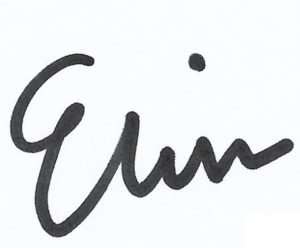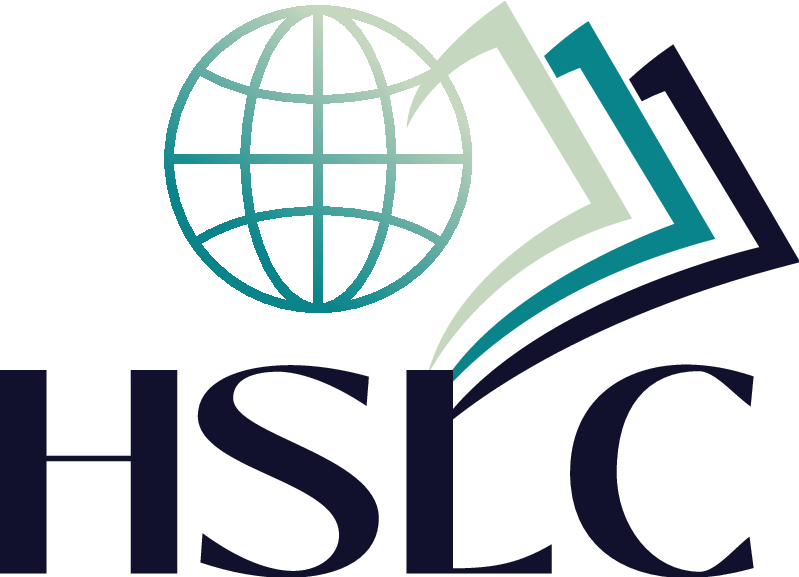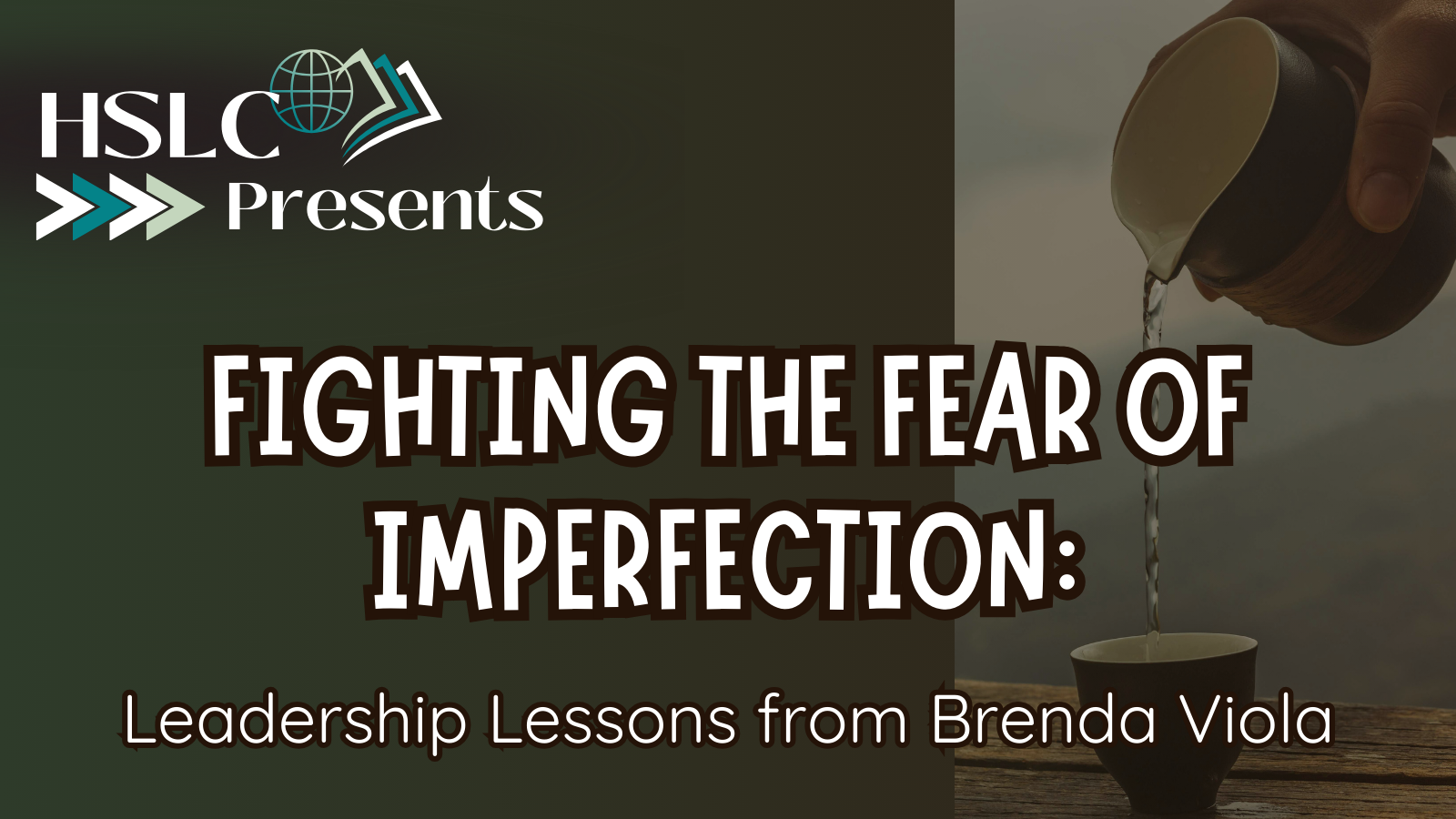“The most important asset of any library goes home at night – the library staff.”
— Timothy Healy, New York Public Library
Atelophobia
When that word appeared on the screen, my pulse quickened. It was as if my subconscious had activated its Bat Signal, urging me to pay close attention.
Atelophobia: the fear of imperfection.
Holy cow. It has a name.
That constant, gnawing feeling that you’re not good enough—while still expecting perfection from yourself, then berating yourself when you inevitably fall short—it turns out there’s a word for that. Who knew?
Well, Brenda Viola did. And she spent the afternoon with a group of public servants—including many librarians and library administrators—helping us identify atelophobia, understand it, and begin the work of overcoming it. Even more powerfully, she showed us how we can support our teams and peers in doing the same.
Living under the weight of atelophobia is exhausting, discouraging, and—especially for public servants—potentially dangerous. The pressure to serve others while doubting your own worth can erode both your health and your effectiveness.
Brenda understands this deeply. She’s made it her life’s mission to support public servants in protecting the mental and physical well-being they need to do their good work—in short, to help cure atelophobia.
The time spent with her was eye-opening, both personally and professionally. She guided us through the signs and consequences of atelophobia, then offered practical strategies for managing it—not just within ourselves, but within the teams we lead. She emphasized that addressing this fear and the self-criticism it spawns is essential in helping public servants move forward with confidence and compassion.
Perhaps most importantly, Brenda helped us understand that by confronting atelophobia, we can avoid the burnout that so often comes from doing too much, too hard, too fast, for too long.
As she wrapped up her presentation, it became clear that interconnected situational leadership—the balance of recognizing your staff as human beings while also developing their professional strengths—is exactly the kind of leadership our libraries need in this era of fiscal and political uncertainty.
Ultimately, this kind of leadership cultivates kinder, healthier public servants. And kinder, healthier public servants help create a kinder, healthier world.
But as you go out there trying to change the world, don’t forget to take care of yourself. As my grandma used to say, “Empty pitchers can’t pour.” I have no doubt Brenda would agree.

Erin Halovanic, Director of Library Services


